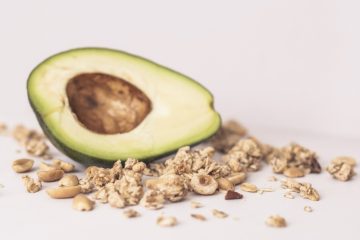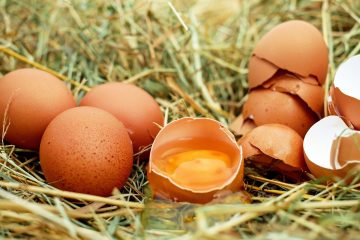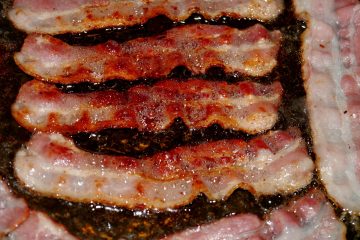When you’re on a diet and trying to lose weight, it’s very common to come across articles and videos telling you, “Don’t eat that! It’s fattening” or “Avoid bacon. It’s bad for you.”
These bits of advice are repeated ad nauseum until people believe them to be the gospel truth. But are these tips valid?

If they are, why is obesity an epidemic and why are people fatter than ever? Ask anyone who has tried to lose weight and they’ll tell you how difficult it is.
Sacrificing the foods they love, battling hunger pangs and cravings, pounding mindlessly on the treadmill, etc. and it’s no wonder most people quit on their weight loss journey. It’s just too hard and the results are too slow to come.
The common misconceptions
The biggest misconception in the weight loss industry is that eating less and moving more will help you to lose weight. This concept is simplistic at best, and while there’s an element of truth to it, the reality is that most weight gain is due to hormonal issues.
Cells are inflamed and unresponsive. Or maybe you’re insulin insensitive and keep storing more fat even if you eat small amounts of carbs.
All these issues can be fixed by going on a keto diet. Contrary to popular belief, eating fatty foods will help you to lose weight. Later on, we’ll make the distinction between fatty foods and foods that are fattening.
For now, just understand that managing your hormones is the key to shedding the stubborn pounds.
Understanding inflammation
Inflammation occurs when you consume foods that are processed or high in sugar. It is the real cause of high cholesterol levels and many other diseases that ravage the body.
Eating foods like bacon, coconut oil, eggs, fatty meats, etc. do not raise your cholesterol levels. Your body creates most of the cholesterol and dietary cholesterol doesn’t play a role here.
When you eat processed foods or simple carbs that are detrimental to your body, the cells get inflamed and the body creates cholesterol to soothe the cells.
Getting on the keto diet will put an end to this problem because you’ll end up cutting out most processed foods, sugar and carbs from your diet. This is the reason why people who do keto often find that their cholesterol levels have improved.
What are good fats?
Good fats are foods like butter, bacon, coconut oil, extra virgin olive oil, fatty fish, fatty meat and so on. Most of the natural foods that have gotten a bad reputation are actually rich in healthy fats that your body needs.
Fattening foods, however, are quite something else. Cakes, ice cream, pizza, French fries, etc. are perfect examples of fattening foods.
These foods are high in carbs and sugar. When you consume them, your blood sugar levels will spike, and your body will release insulin to manage the glucose. Consuming these foods repeatedly over time will lead to insulin insensitivity.
The body will release more insulin than necessary, and the excess will end up getting stored as fat. You want to avoid this at all cost.
Eating the “good” fats that are recommended in the keto diet will not spike your insulin and will actually cause ketosis and help the body burn more fat and get leaner.
Now that you understand how the keto diet works, you may wish to do more research on it and understand the principles. Embark on a keto diet and you’ll not only lose the excess fat, but also experience many other health benefits.
Why not take all the guesswork out of figuring out what to eat by getting experts to do it for you? Give yourself a huge advantage and get your custom-made sixty-day keto diet plan here.


